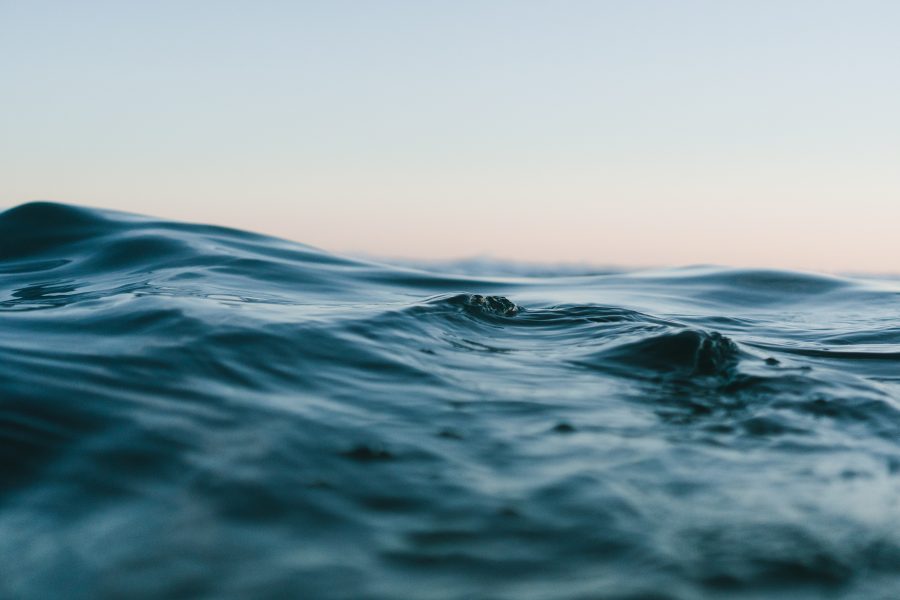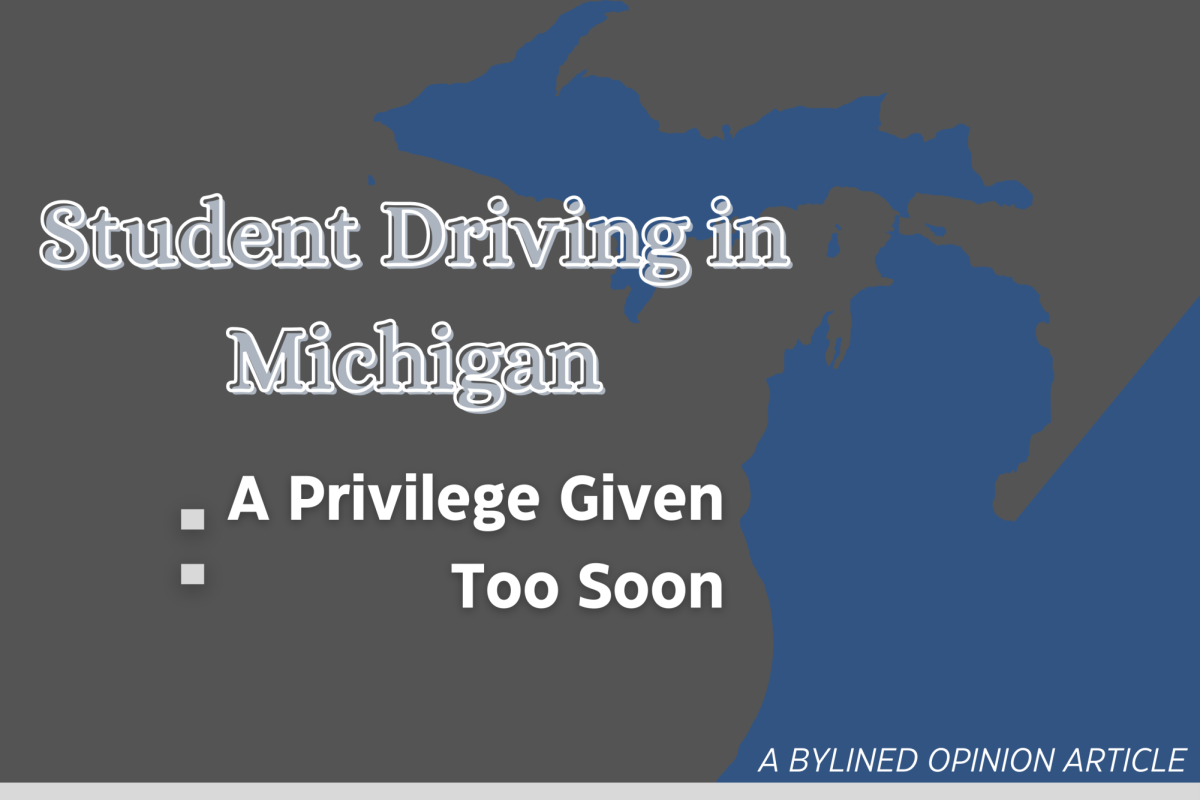By Abbey Rochowiak
Everything living and breathing form in the ocean is more important than you think- even if you live on the coast or your country is landlocked. Every day, these beautiful blue bodies are victims of over-fishing, pollution, and damage from fossil fuels.
Most of us believe if we can’t see it, it’s not our problem. However, this belief is simply a masked statement of arrogance. Every day careless businesses contribute to the depositing of unwanted waste, trash, and liquids in the ocean.
So why should we care?
Here’s the situation: according to marinebio.org, 50% to 80% of mother nature’s life is found in our waters, containing 99% of the living space on the planet. The ocean is enormous in biodiversity and size, so protecting it is a deal just as big as the ocean itself.
“The ocean is the largest ecosystem on Earth, it is the planet’s life support system. Oceans generate half of the oxygen we breathe and, at any given moment, they contain more than 97% of the world’s water.” according to marine-conservation.org.
So without our oceans, it would be a little harder to breathe, our water sources would decrease, and creatures wouldn’t have a place to live.
That can’t be so bad, right?
Well, there’s a lot more to it.
Data compiled on oceanservice.noaa.gov manifests the facts: The U.S. ocean economy produces $282 billion in goods and services, while ocean-dependant businesses employ almost three million people. Corrispondively, 76% of all U.S. trade involves some form of marine transportation for shipping worldwide products. With these factors in mind, our economy would nose-dive down into the deep without the ocean, leaving our unemployment rate to skyrocket.
Still think our oceans aren’t important? Think again.
The chart also states the ocean is crucial in fields of medicine and foods. “From slime to sponges, scientists are plumbing the ocean’s depths for new medications to treat cancer, pain and other ailments.” Exclaims a header of an article written by Kevin Krajick, at smithsonianmag.com. Krajick goes on,“Compounds from marine sources are now being tested as treatments for chronic pain, asthma and various malignancies, including breast cancer.”
As far as meals, share.america.gov writes that an estimated number of 3.1 of people around the world depend on the ocean for their biggest source of protein. Unfortunately, according to mbgnet.net, 90% of the world’s fisheries are overfished. Overfishing, which may cause extinction in certain species, affects our entire food chain. Whether it may be crabs from the bottom of the ocean or the octopi that eat them, citizens that rely on, or enjoy seafood, will suffer.
So what can we do?
There’s a reason solutions such as simple recycling are so popular. Because it can be that easy.
One person recycling, as little of an impact as it may seem to be, prevents one more turtle from becoming a victim of plastic spoons or forks. Items such as reusable water bottles or grocery bags allow less unwanted plastics drifting across the sea. After any picnic, tan, or family event, always make sure trash is disposed of correctly.
When travelling to the ocean, ensuring a respectful, responsible visit allows creatures who inhabit our waters to stay safe. Avoid stocking your aquarium with wild-caught fish. Never discard anything overboard when out on the water, and stay mindful to your most eco-friendly options. Speak up about your concerns if you spot a threatened species on the menu when dining out or visiting a restaurant.
On a larger scale, supporting local organizations, institutes, or hatcheries (financially or through volunteering) helps keep our wildlife safe, affordable, and more efficient. If you live near the coast, it is ideal joining a local branch or group close to home.
Using research through articles, books, and the Internet, it is crucial to educate local cities and peers. Influencing change on our communities will not only bring us together, but inspire others as well. The more we are aware of these concerns, the more we’ll want to help and preserve our largest ecosystem. We depend on the ocean for survival, and in return, we must allow it to depend on us- now more than ever.
You can learn more about the ocean at oceanservice.noaa.gov/facts, with over 300 facts about ocean ecosystems, transportation, marine life, and more.








